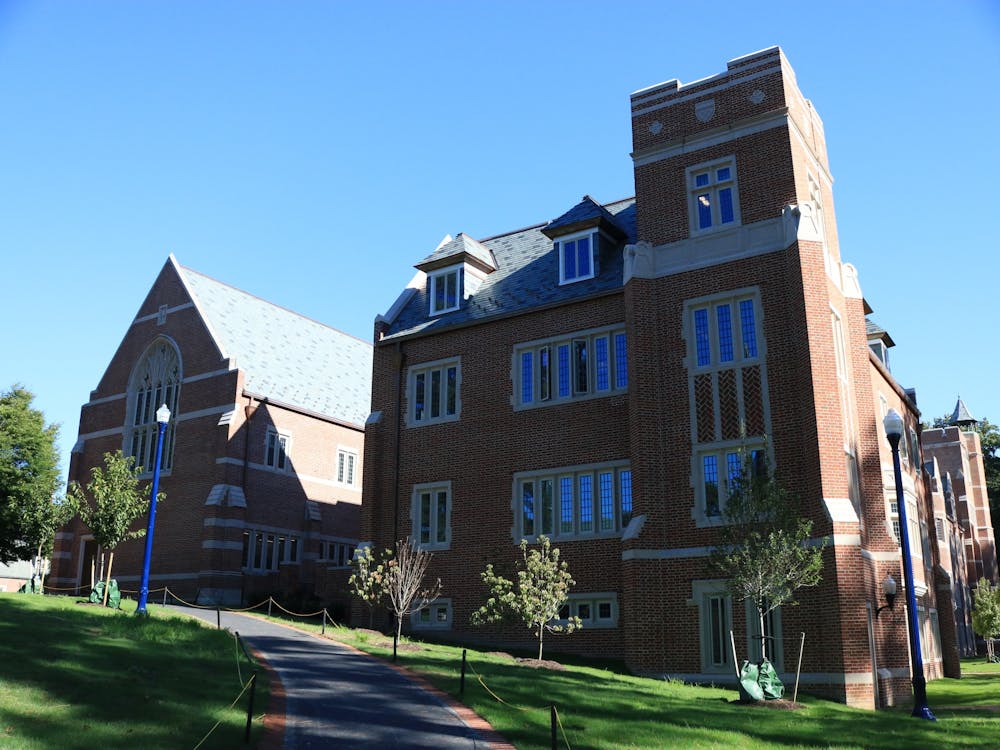Students learn Farsi, Hebrew, Turkish and more languages through the Self-Directed Language Acquisition Program.
The Self-Directed Language Acquisition Program (SDLAP) allows students to study rarely taught languages through a combination of independent study and interactions with a native speaker of that language.
Sharon Scinicariello from the Modern Literature and Cultures Department created the program during the spring of 2009 as a way of expanding course offerings in the Middle Eastern Studies. Initially, the program only offered Persian (Farsi/Dari), Turkish and modern Hebrew.
But, with the growing success of the program and a rise in the number of students interested in the program, the amount of languages offered through this program has greatly increased, Scinicariello said.
"We get a lot of students who are either planning on studying abroad in countries where that language is spoken, students who have returned from studying abroad and who want to learn more about a langue and even students who are merely interested in a particular language," Scinicariello said.
Some of the other languages are Hindi, Swedish, Norwegian and Korean.
SDLAP allows students to create their own programs to focus on whatever they want to learn about the language and the culture. "As long as we're able to find a language partner and create an
evaluation program to grade them, evaluation program to grade them, the students are able to learn whichever languages they want," Scinicariello said.
The language partners paired with the students are native speakers of the particular language. The peer-to-peer interaction allows for the students to practice speaking the language and provides them with firsthand cultural background.
"It's one thing to read information about a language and a culture in a textbook, but you also need someone to give you the one-on-one feedback," Scinicariello said. "Our language partners are fluent speakers and are usually not heritage speakers, meaning that they grew up in the culture."
Junior, Susan Jelanizada, is a language partner for Farsi. She grew up in Afghanistan where people speak a combination of Farsi and Dari.
"I love helping students explore and learn about my native language and my culture," Jelanizada said.
Enjoy what you're reading?
Signup for our newsletter
Jelanizada started out by teaching the alphabet, numbers and a little bit of the culture to her students, but has progressed since then. This semester, she has four students, three of which had no previous background in the language.
Students interested in joining SDLAP in the fall should get in contact with Scinicariello. Farsi, Hebrew and Turkish will be offered regardless, but for those students who want to study another language, Scinicariello needs to make sure that the department can find a language partner and create an evaluation program before a person can enroll.
Contact reporter Ryann Dannelly at ryann.dannelly@richmond.edu
Support independent student media
You can make a tax-deductible donation by clicking the button below, which takes you to our secure PayPal account. The page is set up to receive contributions in whatever amount you designate. We look forward to using the money we raise to further our mission of providing honest and accurate information to students, faculty, staff, alumni and others in the general public.
Donate Now


